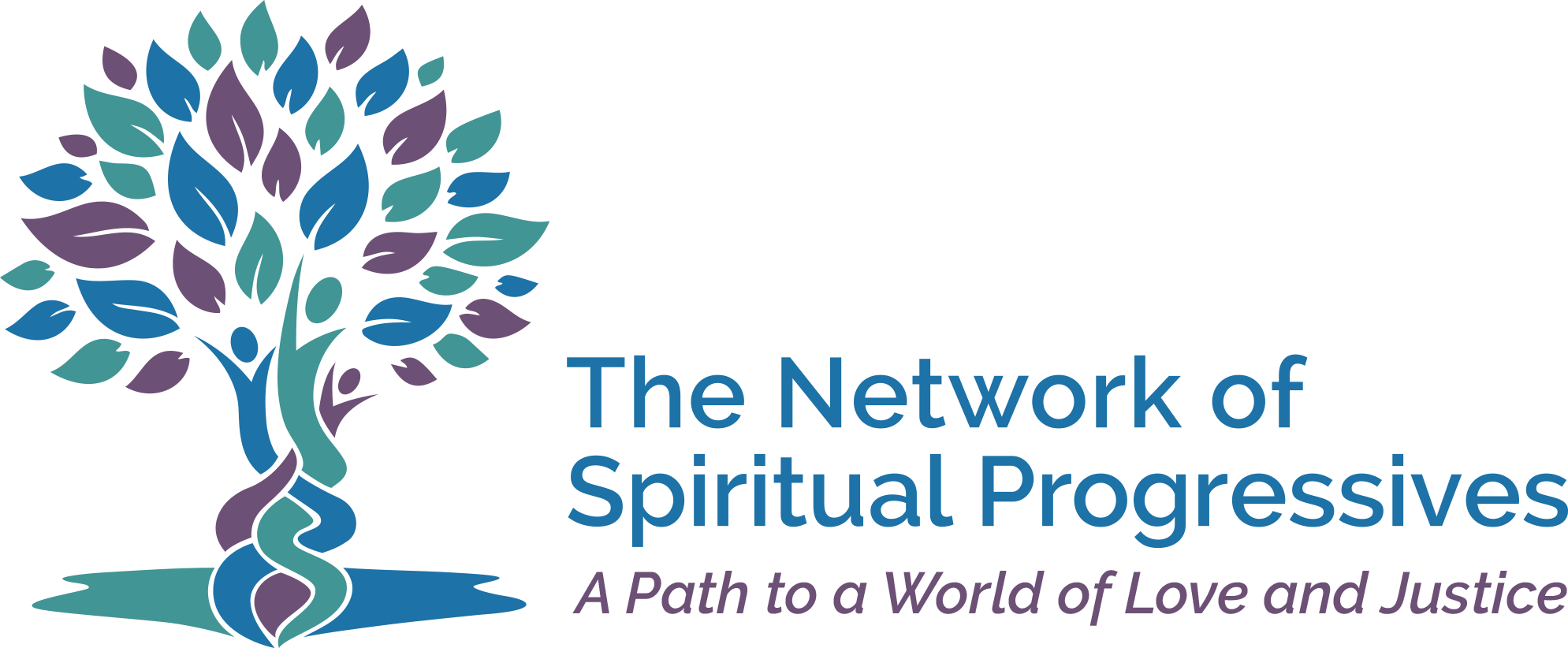We will address our desire for ‘homeland security’ through a strategy of nonviolence, generosity, genuine caring, and respect for the well-being of others.
The most effective path to world peace is for the major economic, political and military countries to practice generosity, respect, nonviolence, and caring for the well-being of everyone on the planet. There may always be some traumatized people who engage in acts of terrorism or violence. They can be dealt with by effective international policing. Their ability to recruit others to join them will be dramatically undermined as more and more people in the world begin to perceive the U.S. and other Western countries as truly caring about their well-being and respecting them.
The path to homeland security is not through wars, demonstrations of military might nor though drones and targeted assassinations, but rather through showing so much care and respect to the peoples of the world that these traumatized individuals find themselves isolated and thus cannot garner the support of the very people whose interests they thought their violence was serving.
We in the advanced industrial capitalist societies, through the exportation of capitalist culture and values, through the sometimes environmentally destructive and economically exploitative behaviors of our multinational corporations, and through our military interventions in developing countries to support local elites willing to give our multinational corporations free reign to benefit themselves at the expense of local populations, have acted disrespectfully and hurtfully to hundreds of millions of people around the world.
To support our goal of creating security through generosity, we promote the following:
- Public acknowledgment, repentance and seeking of forgiveness for the damage the West has done to the peoples of the world, without denying the good that we have also done by popularizing ideas of democracy and human rights.
- The implementation of a Global Marshall Plan. We will be more successful in obtaining public support for this effort when people in the advanced industrial capitalist societies recognize that the well-being of people in each and every country depends on the well-being of every other person on the planet and of the planet itself. If we want safety, we must manifest generosity and social justice. The Global Marshall Plan would devote 1-2 percent of the GDP of advanced industrial countries each year for the next twenty years to end global poverty, hunger, homelessness, and inadequate education and health care.
- It is not the material deprivation of money alone, nor the economic exploitation and military domination that have driven resentment and violence against the advanced industrial societies of the world. In our arrogance, Western powers have conveyed the notion that those who are economically less developed are less deserving of real respect. Yet in some ways the countries of the global south and East are culturally, ethically and spiritually far more developed than many of us in the West.
- We will challenge the globalization of selfishness promoted by national and transnational corporations and promote the spiritual values of solidarity, caring for others, and love as the most effective way to build a sustainable society and achieve “homeland security.”
- We will not only provide funding as outlined in the Global Marshall Plan as previously introduced into Congress by Rep. Keith Ellison as House Resolution 439, but also revise trade agreements imposed on impoverished countries by the powerful Western imperial countries.
- We will promote trade agreements and treaties that are directed toward creating the material and spiritual well-being of everyone on the planet. We advocate for this not only for the narrow self-interested reason that a Global Marshall Plan would likely reduce the resentment and resulting anger that our policies, corporate practices, and the values of global capitalism have generated, but also because we genuinely recognize every person on this planet as an embodiment of the sacred.
- We support the creation of an international nonviolent peacekeeping force to prevent conflicts from escalating. We do so in the context of a coherent global policy that immediately implements the Global Marshall Plan in cooperation with nongovernmental organizations committed to human rights, democracy, environmental sustainability, and respect for the range of their cultures and traditions.
- We seek full rights for all immigrants who have made it to our shores, including a path to citizenship for anyone living in the U.S. for more than ten years.
- We will solve the immigration issue in the only possible way: by making the countries from which immigrants are fleeing much more economically successful. Instead of imagining new methods for repressing the desire that so many immigrants have for a life free from extreme poverty and political oppression, we will support a Global Marshall Plan to ensure that the world’s wealth flows to all people and not just to economic elites, and support governments that take human rights seriously, thereby dramatically reducing the economic and political incentives that currently underlie some of the reasons why so many people wish to move to Western societies.
- We seek a world in which open borders (or no borders) are the norm. This can be achieved once people no longer have to cross borders to receive adequate material well-being, safety from arbitrary or authoritarian rule, and genuine respect for their contribution to the well-being of others. Stating this as a goal will itself have a valuable impact on the consciousness of people around the world.
- While we value the integrity, creativity, and dynamism of multicultural societies and want to provide support and validation for the continued development of those societies, we want to separate those rich traditions from forms of nationalism and chauvinism in which they sometimes find expression.
- We hope to see the replacement of nation states by environmental districts that can address the major problem facing humanity in the twenty-first century: the environmental crises. And we hope to see mechanisms created for a global democratic procedure that can make decisions about what investments of time, energy, and money will best serve the well-being of humans, animals, and the earth.
- Overcoming the reckless and destructive struggles among the nations of the world is a pressing necessity for humanity. Currently decisions that impact billions of people are made by wealthy and powerful elites, and there are few mechanisms to hold them accountable for the impact of their unjust or destructive decisions. A first step to transform this imbalance of power is to strengthen democratic procedures in all nations so that decisions that impact billions of people are made in consultation with the very people those decisions impact. We are certain that some of those democratic decisions will themselves be off-base, hurtful or environmentally destructive, but to the extent that democracy persists, people will be able to correct their own mistakes. Moreover, we will come to realize that we have shared interests that stretch across all previous boundaries and that those boundaries need to be made much more permeable. We strive to move toward global cooperation and decision-making without the legacy of nationalist and cultural chauvinist traditions distorting that decision-making, and with a genuine respect and love for all the peoples of our planet.
- Militaristic approaches, often glorified in our media, legitimize the quick resort to violence to solve frustrating world problems. This domination approach increasingly permeates the consciousness and popular culture of our entire country so that many citizens come to believe that using power over others and violence are plausible strategies to solve problems, or get their way. We seek to foster an ethos of open-hearted generosity and caring towards others and empathic communication as a more effective approach to solving problems whether they are individual, societal or global.
CONTRAST: LIBERAL AGENDA — Still stuck in the militarist assumptions of the past, liberal politicians compete with conservatives to project American power and domination around the world. They are more eager to prove that they are “tough” than to address the issues that drive people into wars and terrorism. They are terrified that acknowledgment of the sins of Western societies, including our own, will leave them vulnerable to charges of being unpatriotic, and they are unwilling to advocate for the notion that we can be secure in a world that is filled with avoidable suffering. Most of all, liberals are unable to transcend their own ideological views of human nature to see that it is not only economic deprivation, but a deprivation of respect and caring, that generates intense anger at us from countries that have been mistreated by the West, or that various forms of irrational religious fundamentalism have at times provided people with a sense of solidarity and caring that is increasingly absent to the extent that capitalist values have begun to shape the ethos of their own societies. Without these understandings, liberal programs systematically fail to speak to the heart of people in their own countries, or in the countries where people have become adversarial toward us.
Similarly, liberals’ correct desire to avoid repression of immigrants is not accompanied by a coherent answer to skeptics’ concerns about what can be done to prevent future millions from risking their lives to get across our borders.
CONTRAST: CONSERVATIVE AGENDA — Though quick to demand proof of the effectiveness of liberal programs, conservatives have failed to prove that their strategy of providing security through wars and domination of other countries is in fact an effective strategy for homeland security. Distorted by their own “arrogance of power,” they cannot acknowledge that 5,000 years of war-making has not worked to bring peace and security. Conservatives fail to see that their wars have actually undermined the internal life of Americans and increased our propensity to rely on violence as a solution to frustrating problems. They call for more repression of immigrants and of countries that do not follow our rules, but seem unable to acknowledge that such programs fail to address the underlying issues.

